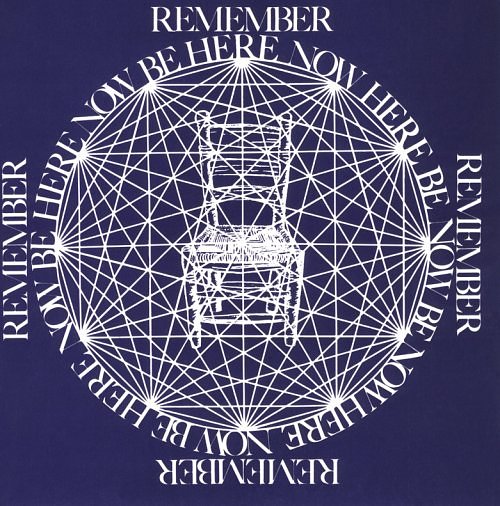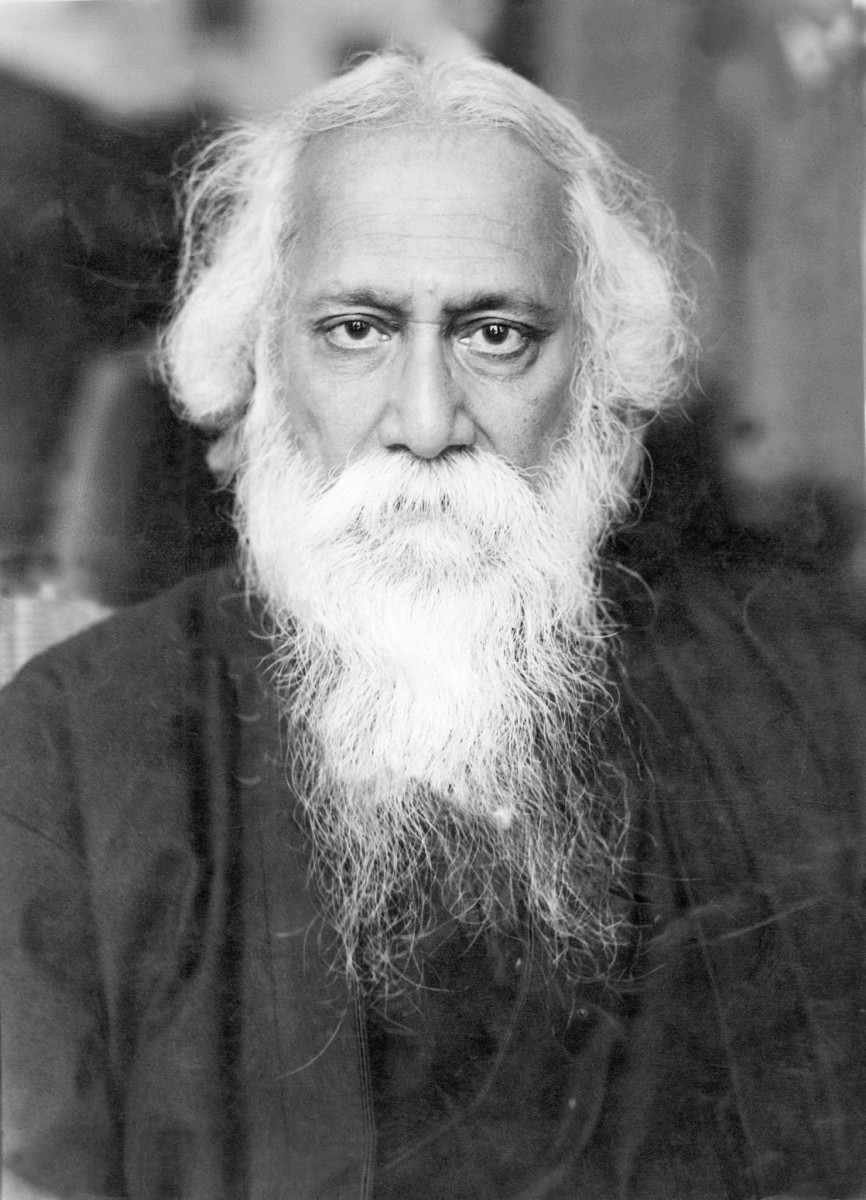
Twice now I have organized small discussions about Ram Dass’s “Be Here Now,” and I wanted to share from the collection of thoughts born from these discussions. But first, an aside…
The other day, a woman asked a colleague and me a question, though she wasn’t quite able to put it into words. The question was more a statement: “Something is missing!” A question I am sure we are all very familiar with, and probably a question we have often felt we had the answer to, only to be dumbfounded with an astounding emptiness at some later time. Unfortunately, like most good questions, a satisfying answer cannot be found through language; for this, we need something more powerful than words.
Ram Dass writes, “No matter how much food we put in our bellies it’s never going to be enough and that’s the feeling of the western man” (46). The difficulty in being human is that we have senses that tell us what we need, and invariably we can satisfy our senses with something physical. An emptiness of the stomach we fix with food; a tiredness of the head we fix with a nap; if our feet hurt, a massage may suffice. The nature of our body leads us to believe that for every need there is a physical remedy. But there is another type of need. A need which language cannot adequately describe. In fact, you might say that it is humanity’s inability to name this need that leaves us in-capable of satisfying it.
Ram Dass enlightens us with his own answer: “What you’ve got to do is create in yourself an absolutely CALM CENTER where it’s always right HERE & NOW it is just Light is just IS-ness” (64). This statement has huge implications. The answer to the main question of “What is missing?” appears to be: “Nothing.” An unsatisfactory answer and also not entirely true. What is missing is simply the realization that nothing is missing. As long as we live by the rule that we (the body, the soul) must ‘eat’ something to be something, we will always be in a state of dissatisfaction. What is needed is not a diet that can satisfy hunger, but a satisfaction that can eliminate hunger. For Ram Dass, the answer is simply to “Be Here Now.”
But what about those of us who just aren’t there yet? Or aren’t ‘here’ yet? In one sense this is impossible but in the other sense I’m sure you know exactly what I’m talking about. We are here, but not here. So how do we get here? Ram Dass is a master of riddles. He writes,
“So in Inida I was taught this thing to say to consecrate the food & it was very funny. I’d been taught it but I still had this old orality business. So I would say it but: I could not THINK it. And… I could not stop long enuf to EXPERIENCE it. At last I had to confront myself and see where I wasn’t. You’ve got to go at the rate you can go. You wake up at the rate you wake up. You’re finished with your desires at the rate you finish with your desires. The disequilibrium comes into harmony at the rate it comes into harmony.” (57)
This is a difficult passage to get through for me. It almost seems to say, “There is nothing you can do about your frustrations. They will pass when they pass.” There is certainly a lot of wisdom and patience in this passage, but it is unsettling to the point that I almost want to refuse it entirely. Ram Dass seems to suggest that we must surrender to the infinite; that the infinite is wise and our little bodies move only by the will of the universe. “Self-effort, too, is needed” is a phrase commonly repeated at East West and Ananda, and which seems to be at odds with what Ram Dass is saying here.
I don’t have a satisfactory way of reconciling my need for agency in my own spiritual progress and this passage that Ram Dass gives us. All I have to offer, really, is two more passages from different authors.
From Rabindranath Tagore, poem 99 of Gitanjali:
“When I give up the helm I know
that the time has come for thee to take it.
What there is to do will be instantly done.
Vain is this struggle.
Then take away your hands
and silently put up with your defeat, my heart,
and think it your good fortune to sit perfectly still
where you are placed.
These my lamps are blown out at every little puff of wind,
and trying to light them
I forget all else again and again.
But I shall be wise this time and wait in the dark,
spreading my mat on the floor;
and whenever it is thy pleasure, my lord,
come silently and take thy seat here.”
And a second passage, from Paramhansa Yogananda's,Autobiography of a Yogi:
“Even as Babaji had foretold at the Kumbha Mela, the householder-incarnation of Lahiri Mahasaya was drawing to a close. During the summer of 1895 his stalwart body developed a small boil on the back. He protested against lancing; he was working out in his own flesh the evil karma of some of his disciples. Finally a few chelas became very insistent; the master replied cryptically:
‘The body has to find a cause to go; I will be agreeable to whatever you want to do.’
A short time later the incomparable guru gave up his body in Benares.” (Autobiography of a Yogi, 330-331)
Ram Dass tells us it will happen when it happen. Tagore says he is content to sit and wait for it to happen. And Yogananda reports that when it’s your time to go, it’s your time to go, and the body will obey this simple law. Rather than attempt to unravel the thread of truth that runs through these three great texts, I will just leave you with these passages here, for now.

